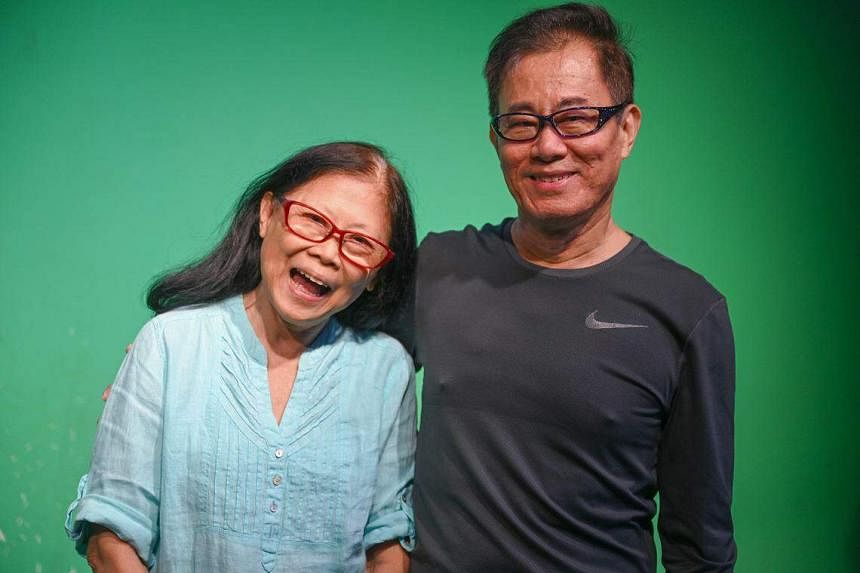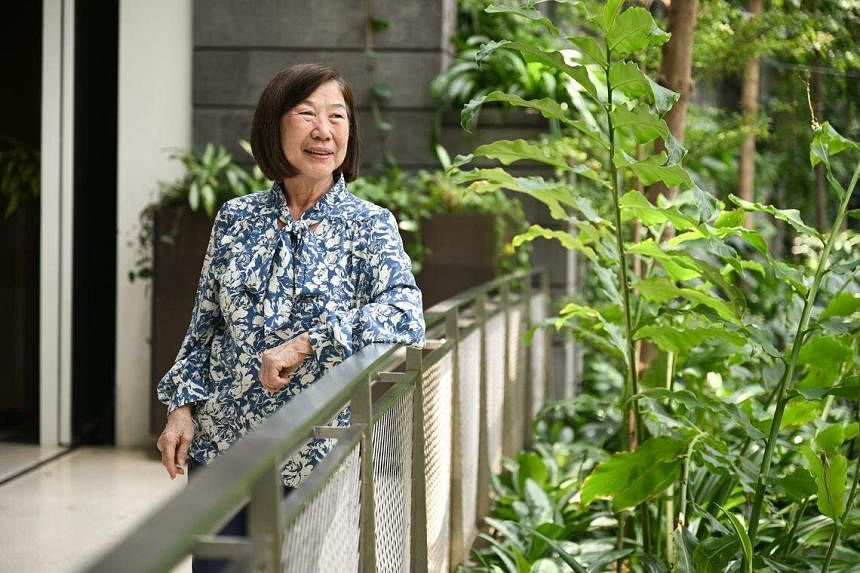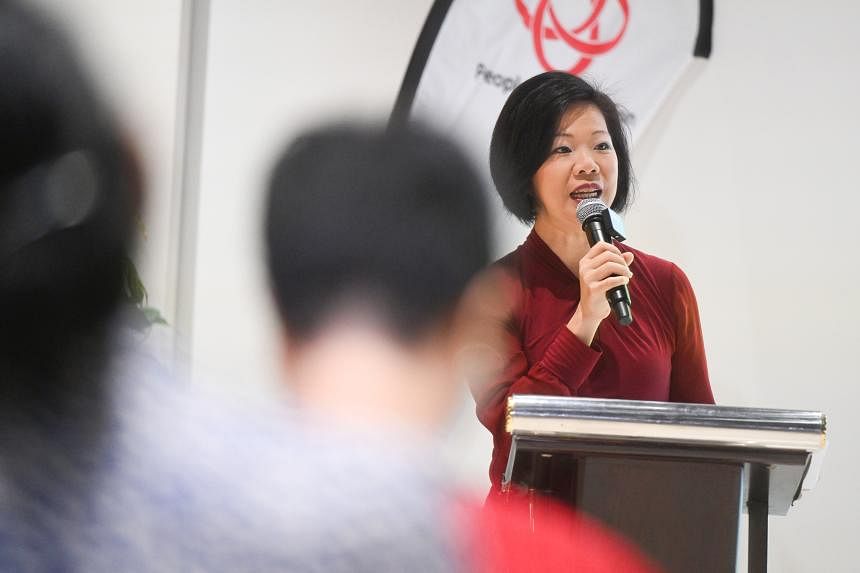SINGAPORE – A support network which connects and assists caregivers will be expanded to five areas – Toa Payoh West-Thomson, Eunos, Chong Pang, Kampong Chai Chee and Boon Lay – from June.
Set up by the People’s Association Women’s Integration Network (WIN) Council, the WIN Caregivers Network was piloted from April 2022 to July 2023 with about 300 caregivers, including 50 men. It was run in Henderson-Dawson, Tampines Central, Nee Soon East, Fengshan, Bukit Gombak and Hong Kah North.
Under the programme, caregivers attend an eight-week course at community clubs or via Zoom on identifying and understanding dementia and various mental health conditions, as well as handling meltdowns and improving communication with their loved ones.
Announcing the expansion of the network at Jewel Changi Airport on March 16, Senior Minister of State for National Development Sim Ann said: “I think caregivers play a very important but underrated role in our society... But they cannot remain underrated because we are an ageing society.
“More and more of us are going to be giving care, supporting someone who gives care, need care ourselves – or all three.”
Caregivers in the network will also get to go for free or subsidised health screenings and talks, under new tie-ups between the council and healthcare providers.
Announcing the care package called Better Me Better Us (BMBU) Plus, Ms Sim said: “Caregivers often allow themselves to be so consumed by caregiving duties that they neglect their own health.”
BMBU Plus is an enhancement of the original BMBU programme that equips women on how to care for themselves and their families. Focusing on health, it includes screenings for breast and cervical cancer, workshops on nutrition and weight management, as well as talks on bone health and mental wellness.
The pilot found that caregivers are often reluctant to ask for help because they are too overwhelmed or uncomfortable to share about their family situation, and tend to be slow to trust and open themselves up to others, Ms Sim said.
“It is important… to reach out, be patient and engage the caregivers with empathy and sincerity,” she said. “For those of us that want to help, the onus is on us to remain accessible to them so that they can reach out to us when they need.”
In a survey of 300 caregivers who attended non-profit organisation Caregivers Alliance’s Caregiver-to-Caregiver (C2C) programmes during the pilot, all of them said the programmes helped them understand and manage their loved ones, Ms Sim said.
“By joining the Caregiver-for-Caregiver support group, the caregivers made new friends and found comfort in one another.”
One such caregiver is Mr Terence Tan, 62, whose wife, Madam Tan Sze Hian, was diagnosed with dementia seven years ago.
Though he had a helper, he found his wife’s behaviour difficult to manage – even getting her into the shower every day was a struggle. But Mr Tan, who works as a senior associate director for research in a university, was hesitant to seek help.
It was only after an incident where Madam Tan, 75, refused to shower, left the house and landed in the Institute of Mental Health (IMH), that he decided to give the C2C programme on dementia a shot.
He has learnt to give her more independence and dignity by letting her shower behind a shower screen, and stepping in when she needs help. He also bought all-in-one shampoo, which is easier for her to manage in the shower.

Mr Tan also joined the Hillview caregivers support group, and has become a volunteer trainer, where he opens up about his experiences.
“When I spoke in classes, I realised it was a form of therapy... I’m talking to people who understand what I’m talking about,” he said.
“I’d like to encourage those who are still in the shadows (that) ...there’s nothing wrong with hoisting your white flag and saying ‘I need help. I can’t do this any more’.”
Madam Alice Loo, 72, whose 39-year-old son who suffers from schizophrenia, attended the C2C programme for persons with mental health issues in 2014 after he was admitted to IMH for treatment.
“Now I keep things simple... when I talk to him, so he doesn’t get angry,” the retired housing agent said.

Madam Loo joined the Tampines Central caregivers support group, and later became a volunteer trainer for C2C.
Fellow caregivers she met from the group often call her to talk about issues they are facing. “I’m honoured that they call me, and I’m happy when their kids get better or have small wins,” she said.
Her son has become more independent, managing to hold down a job as a delivery worker for over three years. He is now waiting to move into a Build-To-Order flat in Punggol.
“I learnt to manage expectations and accept his condition,” she said. “I know he’s trying his best. He always asks me, ‘Are you proud of me?’
“I tell him, ‘I’m very proud of you.’”
Caregivers interested to join the network can look out for registration on www.facebook.com/PAWIN.sg


